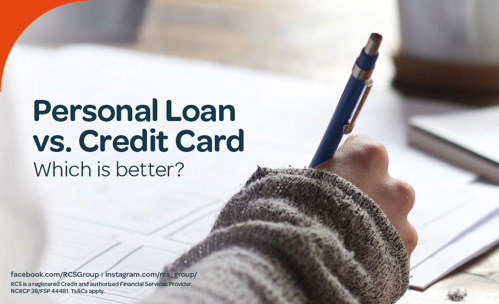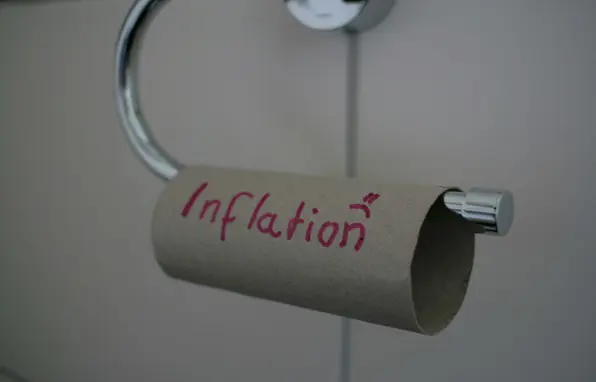Personal Loan vs Credit Card: Which is Better?
11 AUGUST 2023
What’s the difference between a personal loan vs getting a credit card? Which one is better for your financial needs? Find out on our website! Extra expenses can show up unexpectedly: a roof leak, vehicle repairs, emergency dental, or other medical bills! However, there are also more joyful and exhilarating expenditures such as having a baby, putting down a deposit on your dream home or even getting a new car.
Extra expenses can show up unexpectedly: a roof leak, vehicle repairs, emergency dental, or other medical bills! However, there are also more joyful and exhilarating expenditures such as having a baby, putting down a deposit on your dream home or even getting a new car.
If you’re currently experiencing financial pressure due to welcome or unwelcome expenses, then you may be considering the benefits of getting a personal loan vs a credit card?
After all, both products can be very useful. However, the correct answer for you depends on a number of criteria, for example:
- What would you need extra funds for?
- How long would like to repay your debt?
- What is the interest and payment method?
How to choose between a loan and a credit card?
Loans are the best option when needing a larger sum, such as a car or home deposit. This is because you will receive a large, once-off lump sum that you will repay via a scheduled monthly amount over a set period of time.
This repayment term can be from a few months to a couple of years. This arrangement usually comes with lower interest for borrowers who have a good-to-high credit score.
On the other hand, credit cards are great for smaller expenses, such as buying school books, winter clothes, bedding, or purchasing a baby cot. Revolving credit accounts usually offer ongoing access to funds, so long as the account is in good standing.
What exactly is revolving credit?
Credit card debt is also known as revolving debt. This means that if you do not pay the whole amount owed at the end of the month, then you will pay interest on the balance carried over. However, you will still be able to make new purchases up to your approved credit limit amount. Revolving credit accounts also usually allow credit-limit increases. However, these interest rates are typically higher than personal loans.
Loan vs credit best practices
It’s always best to avoid paying only the minimum amount back into your credit card debt over your repayment terms. This is because the longer it takes for you to pay the credit debt back, the more interest will accrue, thus inflating your debt payment over time. On the other hand, with loans, these are calculated to a fixed monthly repayment amount which can accommodate your other monthly expenses moving forward.
How to build a good credit score?
In order to always have access to emergency funds in the form of a loan, credit card, home loan, and other financial products, it is important to continue to improve a good credit score. According to TransUnion, key points to maintaining healthy credit scores include:
- Not missing bill payments – be sure to at least pay the minimum amounts on your monthly bills before they are overdue.
- Monitoring your balances – try to ensure that you’re not overstretching your credit or loan accounts.
- Monitoring your information – be sure that you are receiving all of your invoices and bills by ensuring creditors have the correct address and contact details.
- Managing your accounts online – log in and verify that all of your payments and cards are current and correct.
- Reducing delinquent bills – clean up your credit report by focussing on settling accounts that require the most rehabilitation.
- Finding any inaccuracies – scan your credit report for any information that isn’t right or may be incomplete and dispute anything that doesn’t seem accurate.
By paying your credit card balance and repaying personal loans, you can build and maintain a positive and healthy credit score!



